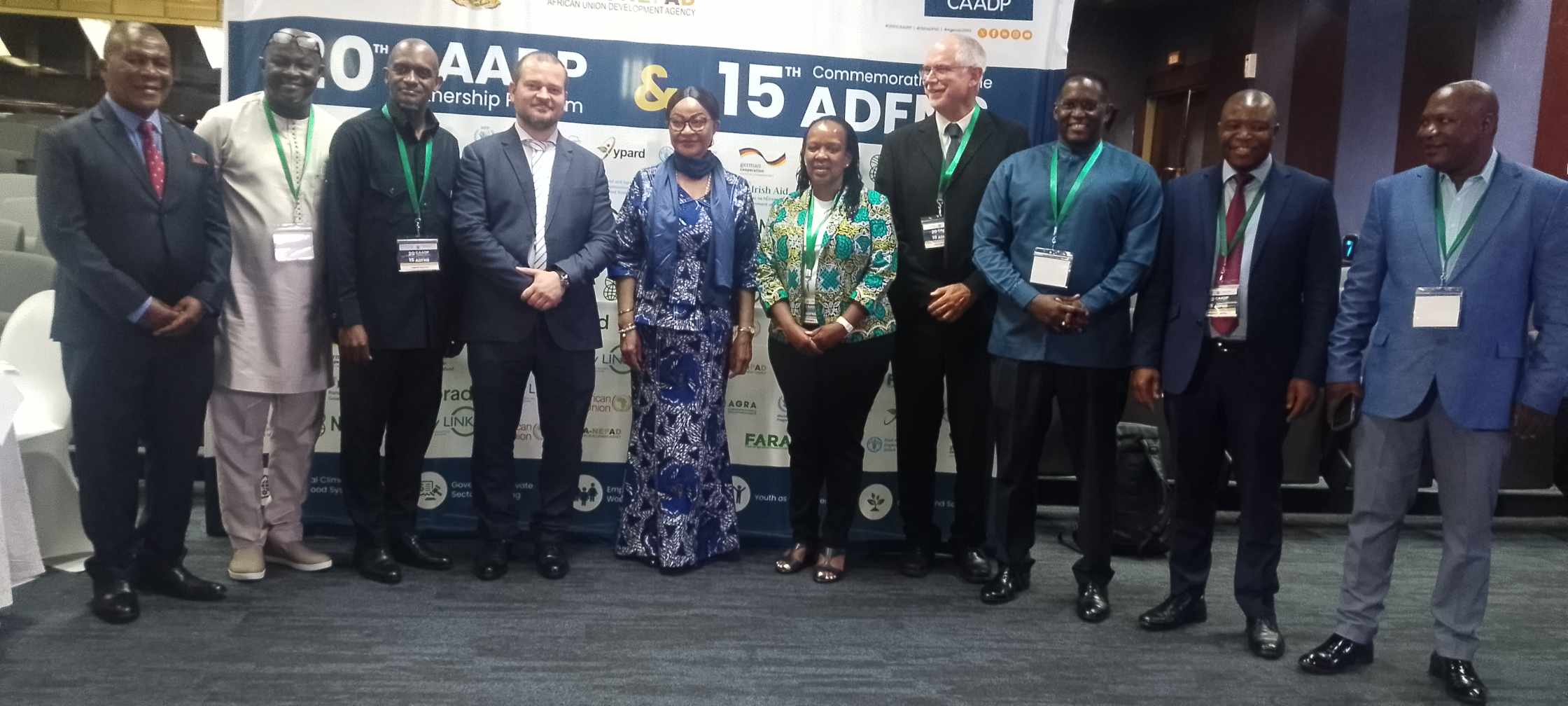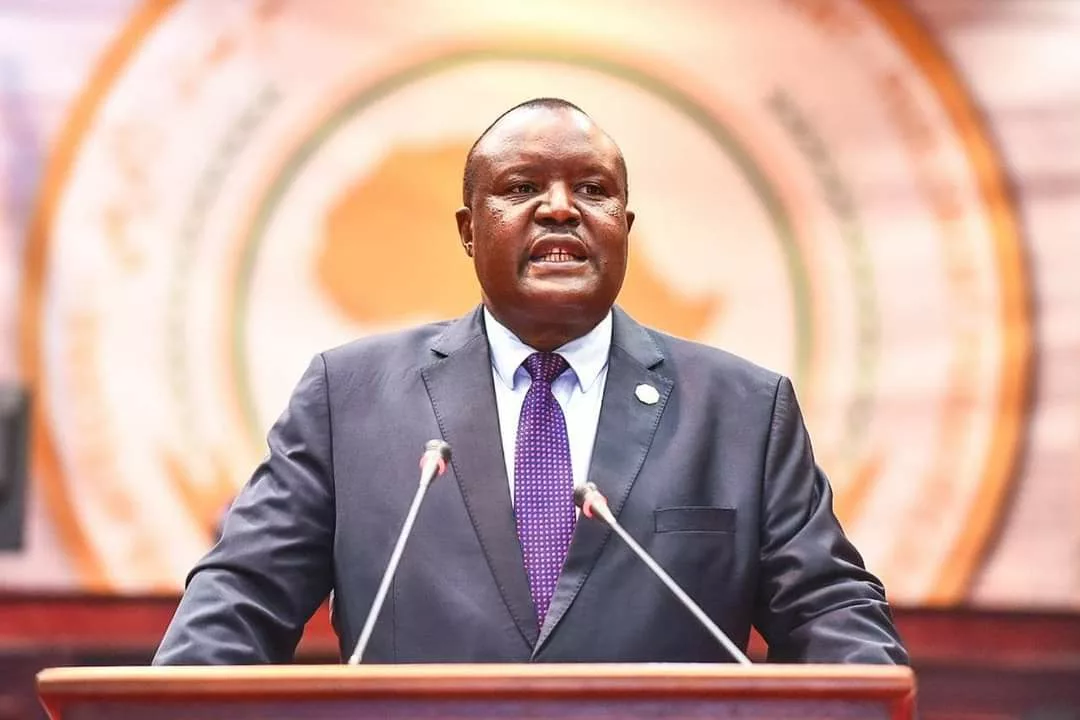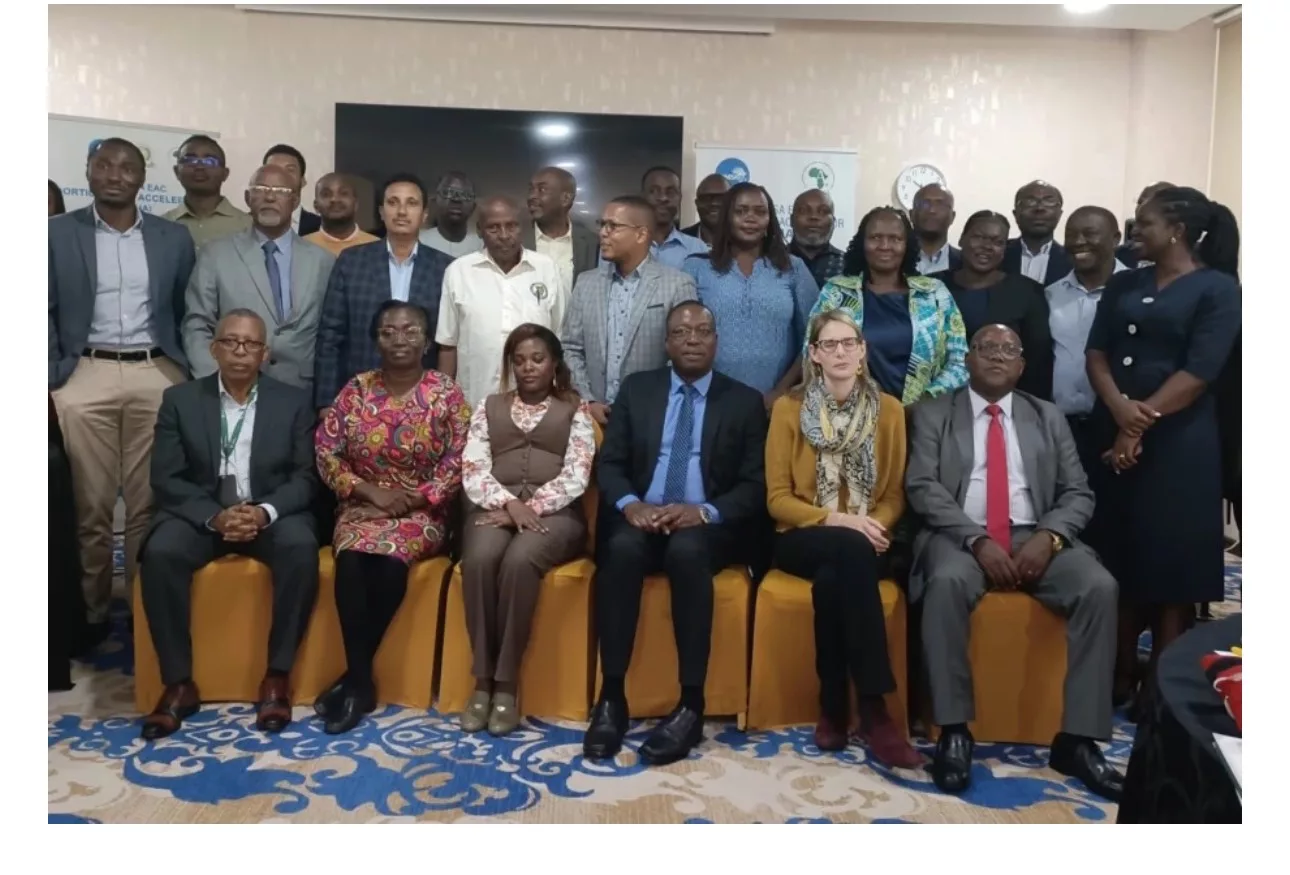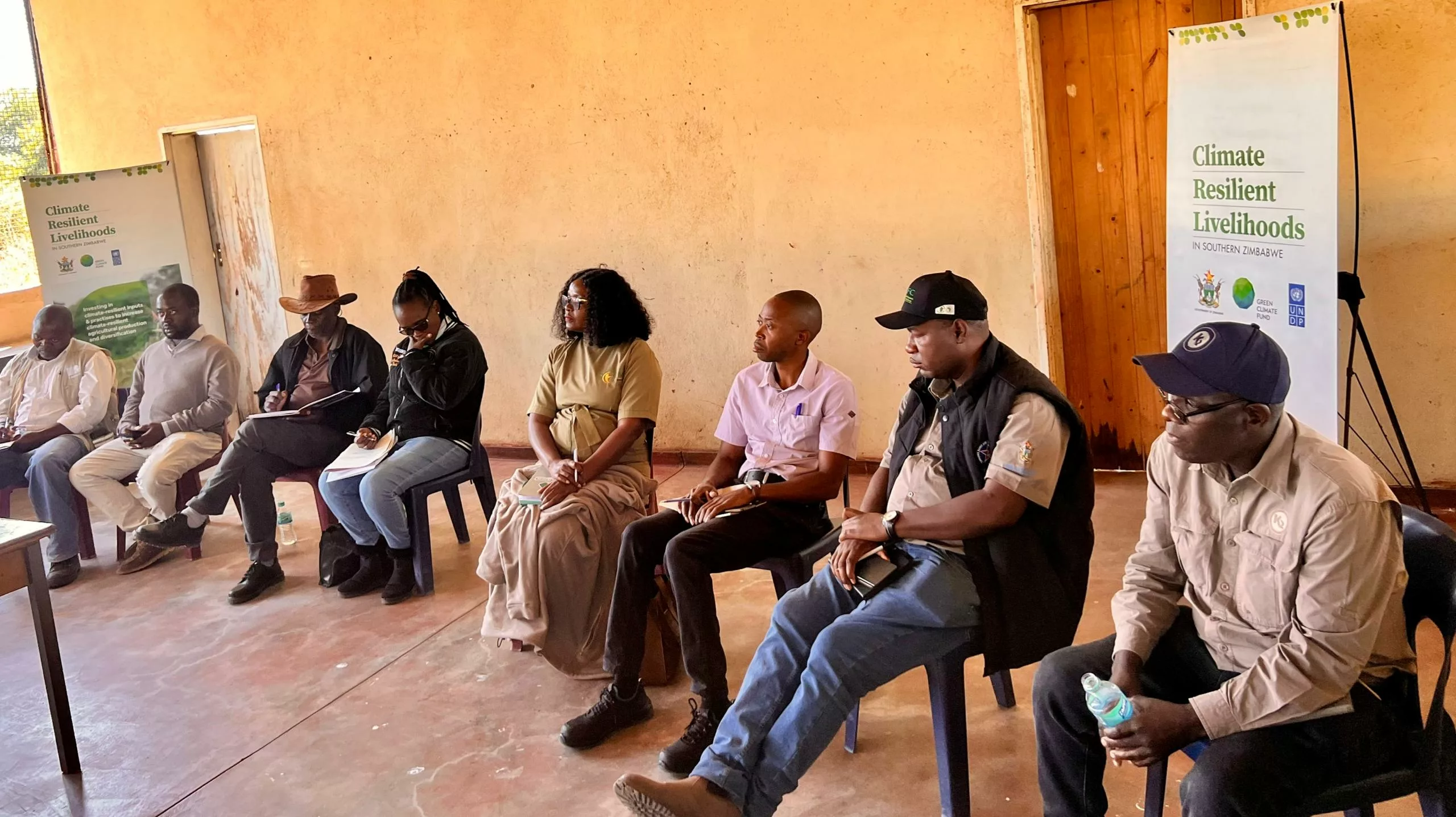H.E Ambassador Josefa Sacko, the Commissioner for Agriculture, Rural Development, Blue Economy, and Sustainable Environment at the Africa Union Commission, has urged urgent action on the implementation of the Africa Fertilizer and Soil Health Action Plan.
She made the call during a side event at the 20th Comprehensive Africa Agriculture Development Programme (CAADP PP) and the 15th Africa Day for Food and Nutrition Security (ADFNS) held under Sub-Theme 5 of the 20th CAADP-PP: “Advancing the Implementation of the Soil Initiative for Africa and the Africa Fertilizer and Soil Health Action Plan” at the Rainbow Towers Hotel and Conference Centre in Harare yesterday.
“Now that we have the endorsement of our Head of State, the road is clear for a coherent implementation of all the elements in the call to action and the Africa Fertilizer and Soil Health Action Plan. I observe that there are several ongoing activities on fertilizer and soil health, and they are gaining momentum. This is in order because the approved action plan will not re-invent the wheel but build on existing actions across the continent and ensure that all actions are well.
“The role of coherent coordination cannot be overemphasized in this endeavour. This is the reason behind the effort to come up with a well-thought-through approach that needs to devolve responsibility to the best-fit and well-capacitated partners for implementation. It must prevent duplication of efforts to ascertain value for money and consistent reporting. It must also ensure the use of best partnership practices to deliver quick development outcomes. We cannot wait for another 20 years to get positive results,” Commissioner Sacko said.
Addressing the same gathering, Hon Vangelis Haritatos, Zimbabwe’s Deputy Minister of Lands, Agriculture, Fisheries, Water, and Rural Development said soil health is the foundation of agriculture.
“Healthy soils are fundamental for the productivity of crops, the sustainability of ecosystems, and the resilience of our farmers. In Africa, where a significant proportion of the population depends on agriculture for their livelihood, investing in soil health translates to better food security and economic empowerment,” Hon Haritatos said.
Fertilizers are strategic in advancing sustainable food systems across Africa and addressing their impact on climate change. The African Development Bank (AfDB) has unveiled the roadmap for an enhanced Africa Fertilizer Financing Mechanism (AFFM 2) which is aligned with the Bank’s 10-year strategy and aimed at fulfilling the mandates of the Nairobi Declaration.
The AfDB announced its commitment to attract additional investments into the AFFM 2.0 fund that will promote soil health, and increase fertilizer use, distribution, and proper utilisation from the current use of 34.5kg/ha against a global target of 139kg/ha.
Hon Haritatos said African Member states have advocated for a digitalised system to monitor the flow of fertilizer up to the farm level, finance localisation of fertilizer by AFFM, and promote the production of organic fertilizers.
The Deputy Minister said the Government of Zimbabwe has made strides to improve soil health such as the development of comprehensive soil mapping, which, together with the revised agro-ecological map of Zimbabwe has facilitated better soil-crop-region matching for increased production and productivity.
The Nairobi Declaration prioritized the revival and operationalisation of the Africa Center for Fertiliser Development (AFCD), which will be a strategic vehicle for increased fertilizer production, distribution, and availability for continent.
The Second Africa Fertiliser and Soil Health Summit convened from 7 to 9 May 2024 in Kenya under the ‘Listen to Land’, reviewed the implementation of the outcomes of the first Special Summit of the AU on Fertilisers held in Abuja in June 2006 which highlighted the central role of soil health transformation and increased fertilizers usage in stimulating growth in African agriculture and food systems.
The major outcome of the Summit was the adoption of the Nairobi Declaration on Fertiliser and Soil Health. The Declaration intends to mobilise political commitment, financial support, and multi-stakeholder partnerships to drive fertilizer production and sustainable soil health management across Africa.
The Summit also agreed to the need to resuscitate and capacitate the African Centre for Fertiliser Development based in Harare, Zimbabwe.
“Since the establishment of the centre following the Special Summit on Fertilisers in 2006, capacitation of the centre has been minimal. The Government of Zimbabwe has now included AFCD in the budget under the Ministry of Lands, Agriculture, Fisheries, Water and Rural Development. Hence it begs the question, in our efforts as Africa to develop fertilizer in Africa for Africa, can the responsibility to fund such a massive project be left in the hands of the host national government? What would it take to have the centre be included in the annual African Union budget?” Hon Haritatos quipped.
He added that development partners, and private sector stakeholders’ collective effort towards this project is critical to ensure sustainable farming practices and reduce Africa’s import bill on fertilizers.






